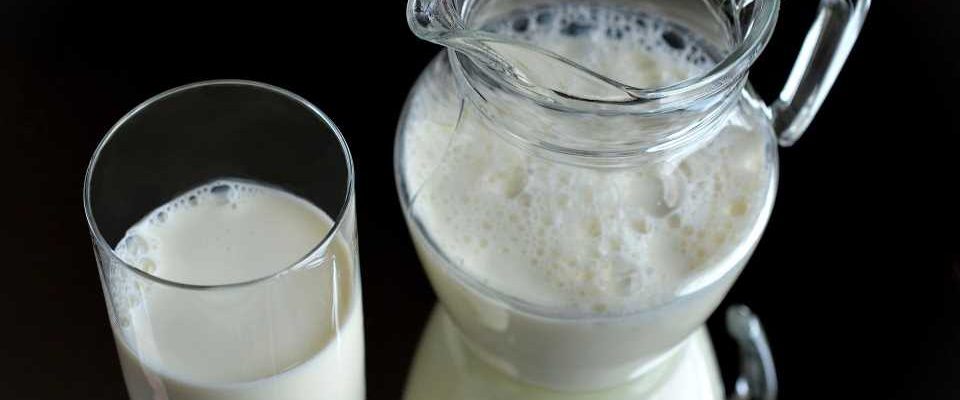Dairy vs. plant-based foods and the relationship to oral health

Maintaining optimal oral hygiene is essential for a healthy smile, but it’s also important to consider that oral hygiene goes beyond good cleaning habits. Research has shown that there is a bi-directional relationship between diet and oral health, with poor dentition affecting one’s ability to consume a healthy balanced diet, and on the other hand, unhealthy dietary habits leading to poor dentition.
When considering dental-positive diets, dairy foods are integral to a well-balanced, healthy Australian diet. Milk, cheese, and yogurt, are naturally nutrient-dense super foods, providing protein, calcium, and a suite of essential nutrients. Beyond their general nutrition credentials, there is an abundance of evidence linking dairy to optimal dental outcomes.
With the growing plant-based alternatives market, it is key to consider how these products compare to the specific benefits of dairy, and the overarching impact on dental health. When it comes plant-based alternatives, dental health and nutritional equivalence is often overlooked.
New research from Shkembi and Huppertz published in Nutrients examines plant alternatives for milk, acidified products positioned as yogurt, and gelled products as cheese alternatives in relation to dental health.
Here’s how dairy and plant-based alternatives stack up:
Carbohydrates
Lactose is the main carbohydrate in milk and dairy products, and has shown to be less acidogenic and cariogenic, compared to other sugars. Compared to milk, where the only carbohydrate source is lactose, plant-based products contain sucrose, glucose, and maltose, all of which are more cariogenic, promoting poorer dental outcomes, compared to lactose.
Minerals
Plant-based drinks contain similar calcium and phosphate levels as milk, however this must be added through fortification and content of these minerals varies across brands and plant-based products. Research has shown that calcium in cheese or calcium and phosphates in milk and other dairy products help to restore minerals that the teeth may have lost due to other foods.
Proteins
Caseins are the most abundant type of proteins in milk, accounting for approximately 80% of total milk protein. Various mechanisms have been suggested regarding the anticaries action of casein, such as adsorption to the enamel, an increase of plaque pH by buffering acids, and also the presence of casein phosphopeptides. Further, other milk components such as lactoferrin, lysozyme, and lactoperoxidase may contribute to milk anti-cariogenicity, due to their antibacterial effect.
So how can we ensure that nutrition plays a positive role in patient oral health?
- Water is the healthiest drink available. Staying hydrated allows the body to distribute healthy nutrients, flush waste, and keeps organs functioning properly. Other than water, milk, including full fat and low or reduced fat varieties, is the next best drink option that can be consumed at any meal or any time of the day to promote good dental health.
- Limit added sugar intake. Regular consumption of discretionary food and drinks, including acidic sweets and snacks such as lollies and fruit juices, is the number one cause of tooth decay.
- Follow the Australian dietary guidelines. A serve from the dairy food group is a cup (250ml) of milk, three-quarters of a cup (200g) yogurt, two slices (40g) of cheese and half a cup (120g) of ricotta cheese.
More information:
Blerina Shkembi et al, Impact of Dairy Products and Plant-Based Alternatives on Dental Health: Food Matrix Effects, Nutrients (2023). DOI: 10.3390/nu15061469
Journal information:
Nutrients
Source: Read Full Article
